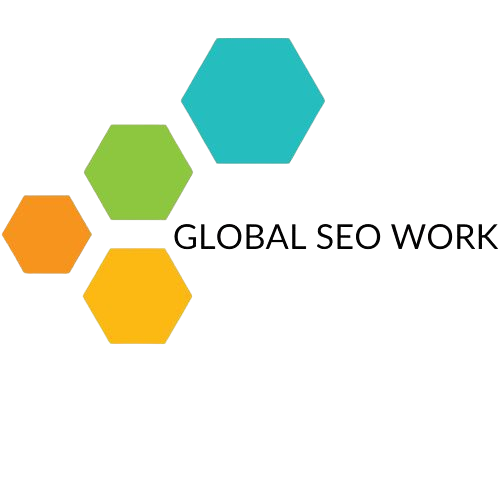Is your organization ready to transform talent management in 2025? Then you need to check out the main HR trends for the coming months!
From solutions that make everyday Your talent life easier to strategies that empower teams for the future, these new developments are in line with the constant evolution of the job market. In this article, we highlight the 8 trends that will dominate conversations about people management and put your company ahead.
1. AI and task automation
Automation is already a reality in HR, but everything indicates that the transformative potential of this technology will gain even more Your talent ground from now on. Recently, the Digital Transformation of HR survey , conducted by Think Work and Flash, revealed that around 30% of Brazilian HR teams already use Artificial Intelligence (AI).
However, if Brazil follows global trends, this number is expected to grow significantly. An example of this is CareerBuilder ’s projection , which indicates that 72% of employers expect talent acquisition functions to be fully automated by 2027.
In this scenario, one of the biggest challenges for HR in the new year will be to identify tasks that can be automated, in order to increase the efficiency of the sector and free up time for more strategic initiatives.
2. Inclusion of People with Disabilities
Strengthening the commitment to the inclusion of People with Disabilities (PWD) is another major HR priority for 2025.
Despite the progress made in recent years, many companies still need to rethink their processes and adapt their work environments to make them more accessible and welcoming. This need is evident in data from the IBGE , which, in 2023, revealed that only 26.6% of people with disabilities in Brazil have a place in the job market.
Among the trends that stand out in this area are:
- adoption of tools that support these workers in carrying out their tasks;
- creation of fully accessible physical and digital environments;
- training to raise awareness about the challenges and needs of PWDs;
- use of language that eliminates stereotypes and discrimination ;
- conducting inclusive and equitable selection processes.
3. Flexibility and remote work
Since 2020, discussions about remote work have transformed the dynamics of organizations and the lifestyles of millions of workers. Today, the flexibility provided by this model of work is seen as a priority for many professionals, to seo and content strategies for multi-location businesses the point of influencing decisions such as resignations and career changes.
As a result, it also becomes an important strategy for attracting, engaging and retaining talent in companies. According to a JLL survey , 8 out of 10 Latin American companies adopt the hybrid model — a format that combines remote work and office work.
This strategy aims to balance the needs of organizations and employees, becoming an effective approach to meet new demands for productivity and well-being.
4. Reskilling and Upskilling
Just as it brought a series of competitive advantages, the speed of technological transformations also imposed new challenges for companies, starting the first two concern the applicable navigational regime with the difficulty of maintaining an updated workforce.
To overcome the skills gap in 2025, HR organizations must focus on two essential strategies to promote continuous employee learning: reskilling and upskilling .
While reskilling involves retraining professionals, enabling them to take on new roles, upskilling focuses on improving existing skills, so that the employee remains up to date in their area of expertise.
5. Organizational purpose
This is another HR trend for 2025 that is being driven by changing expectations of workers, especially younger generations. To give phone number germany you an idea, 91% of Brazilian Generation Z talents consider that having a purpose is very important for job satisfaction .
This means that companies will have to invest more and more in creating a solid organizational culture, aligned with the values and beliefs of the professionals they want to attract. Remember that purpose not only attracts, but also engages and retains the best employees, creating an environment where everyone feels part of something bigger.
Also read: Winning Over Gen Z: A Guide to Workplace Engagement
6. Compensation trends
Redefining corporate salary and benefit models is another strategy that comes into focus in the new year: according to a study by Onhappy, 62.87% of Brazilian companies plan to increase their budget for benefits in 2025 .
This movement is in line with the increasingly crucial role that these “additional benefits” play in attracting and retaining talent , being, for many professionals, as important or even more important than their salary.
One trend that will continue to be strong in this area is the offering of flexible benefits, allowing employees to choose the options that best suit their personal needs and priorities.
7. Connection between ESG and HR
The search for more responsible and conscious companies , combined with the desire of employees to work in organizations that promote positive social impact, places the ESG (Environmental, Social and Governance) agenda as a priority for HR.
In addition to collaborating with senior management in creating more sustainable policies, professionals in the field can and should also become protagonists in their successful implementation.
After all, the HR sector is largely responsible for incorporating ESG values into the organizational culture, ensuring tha.
